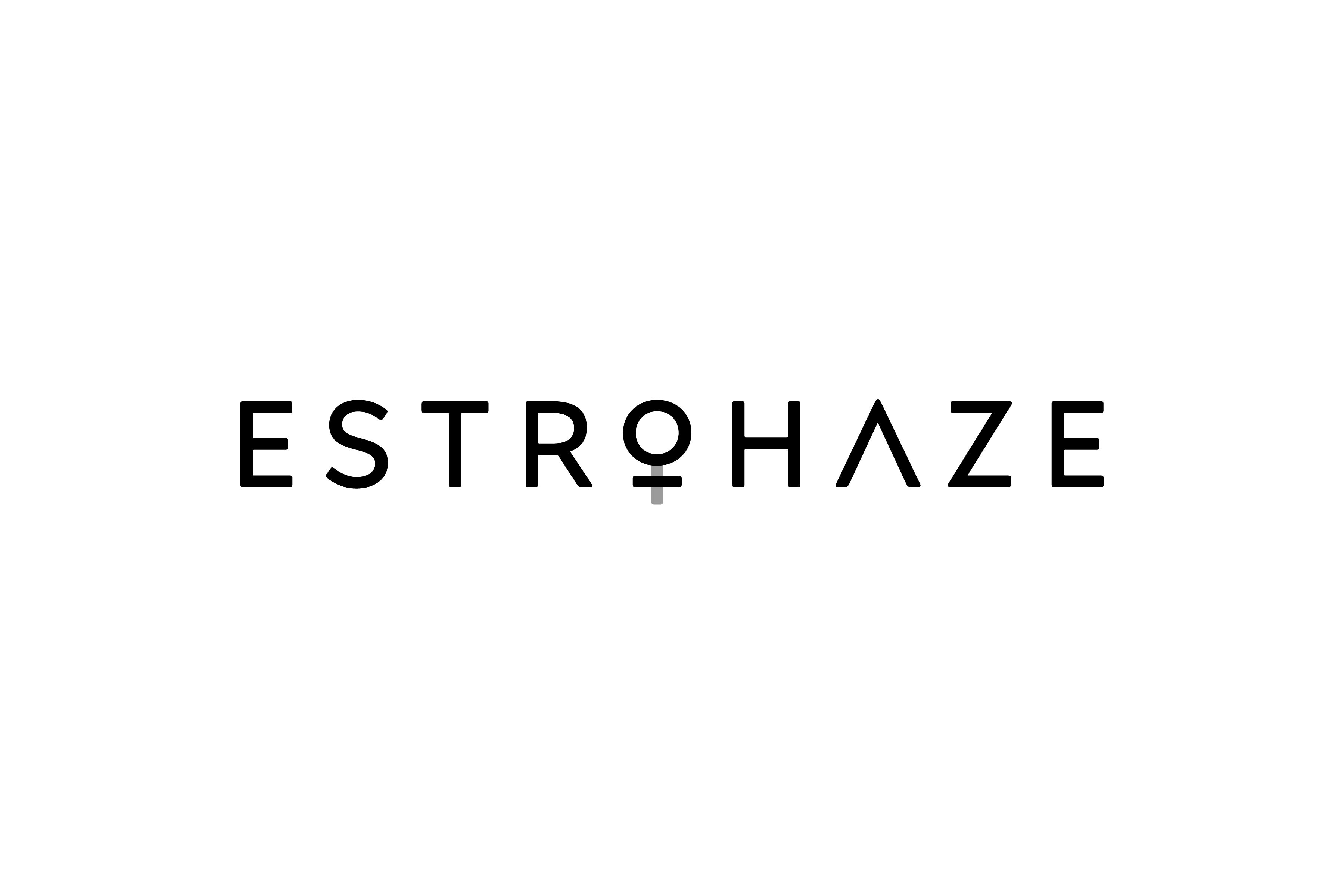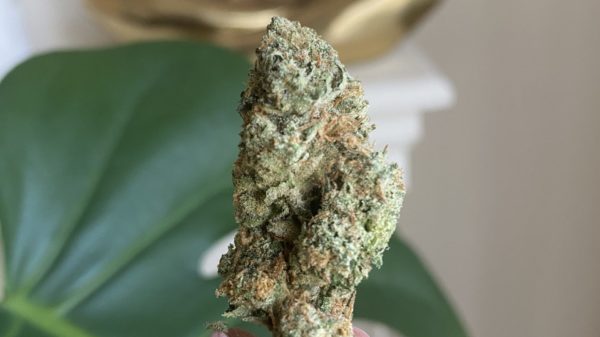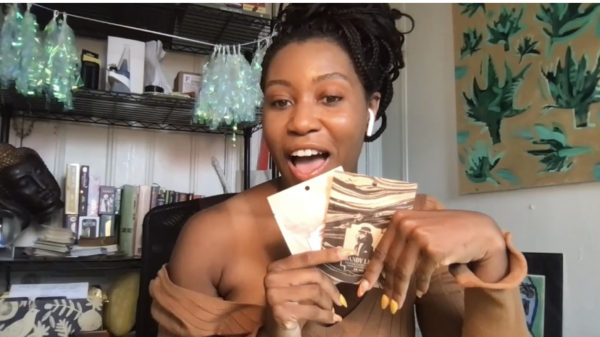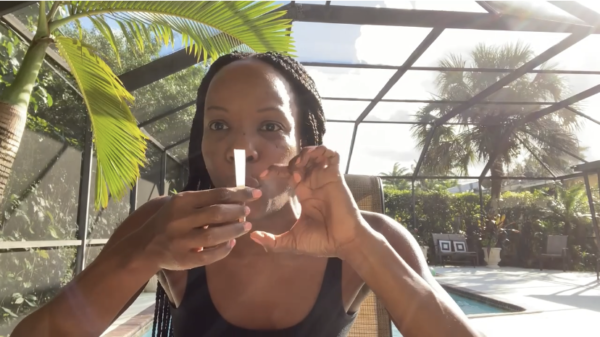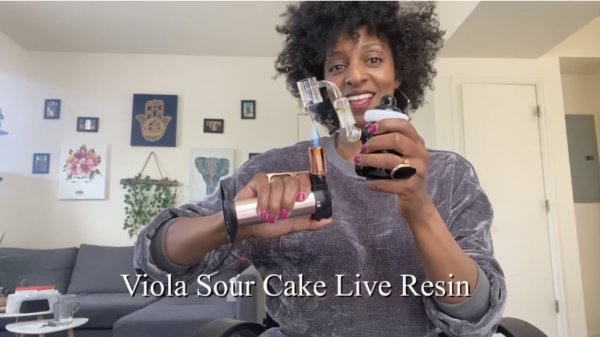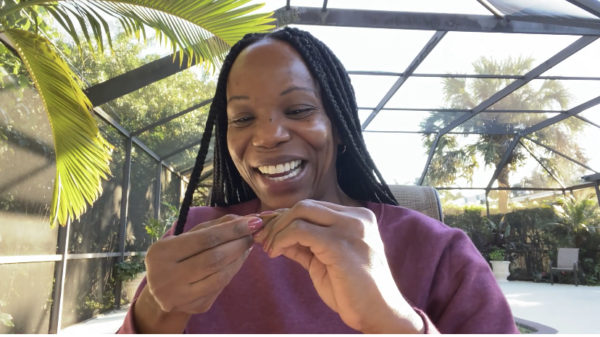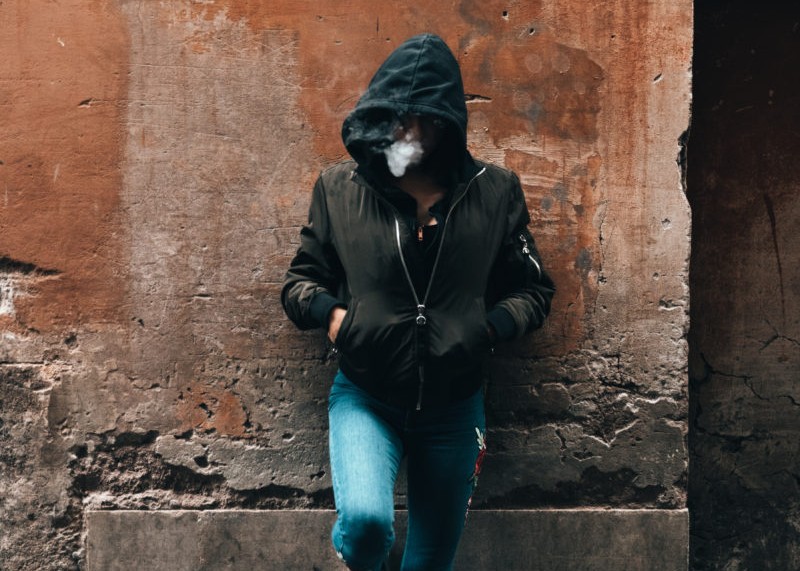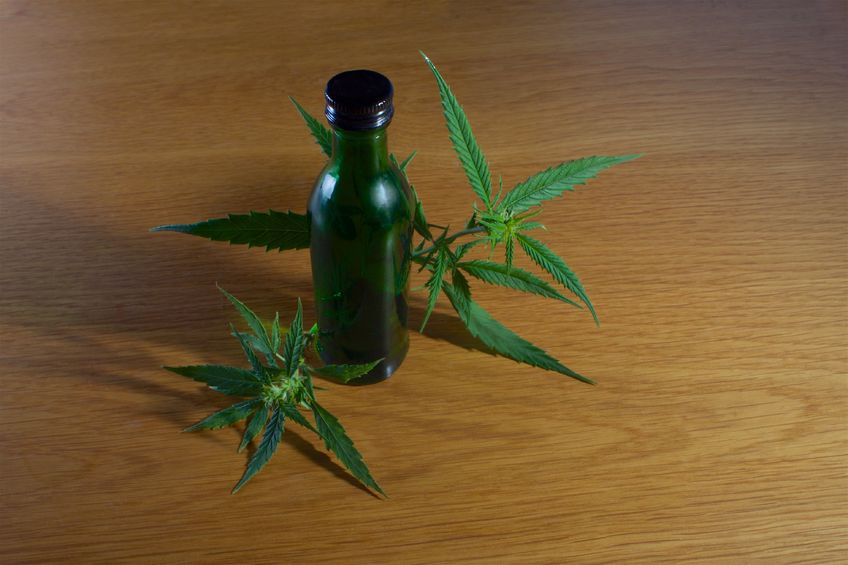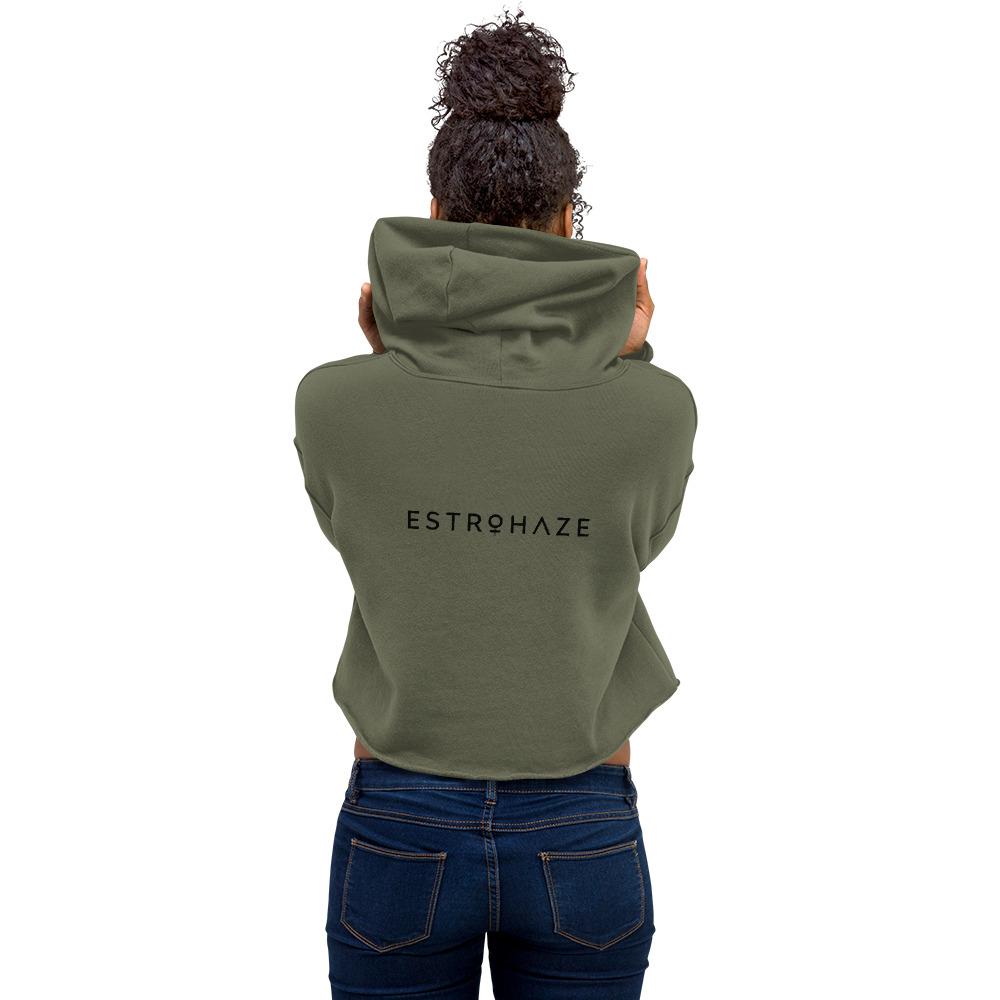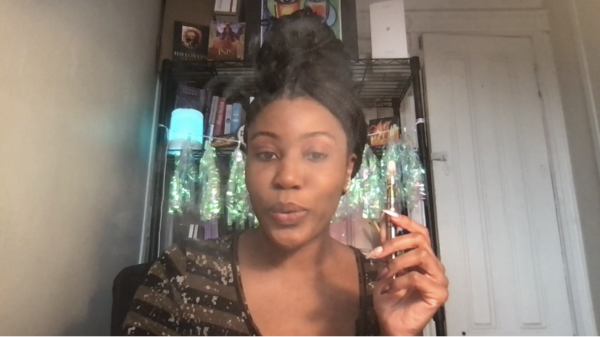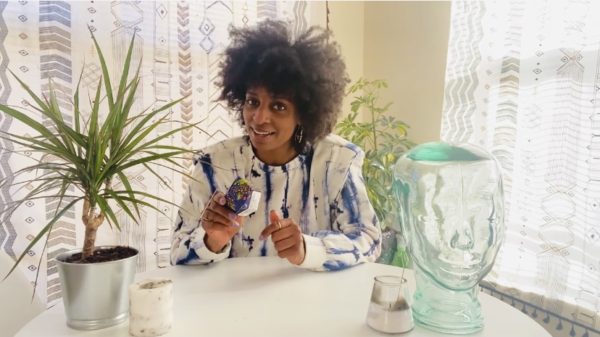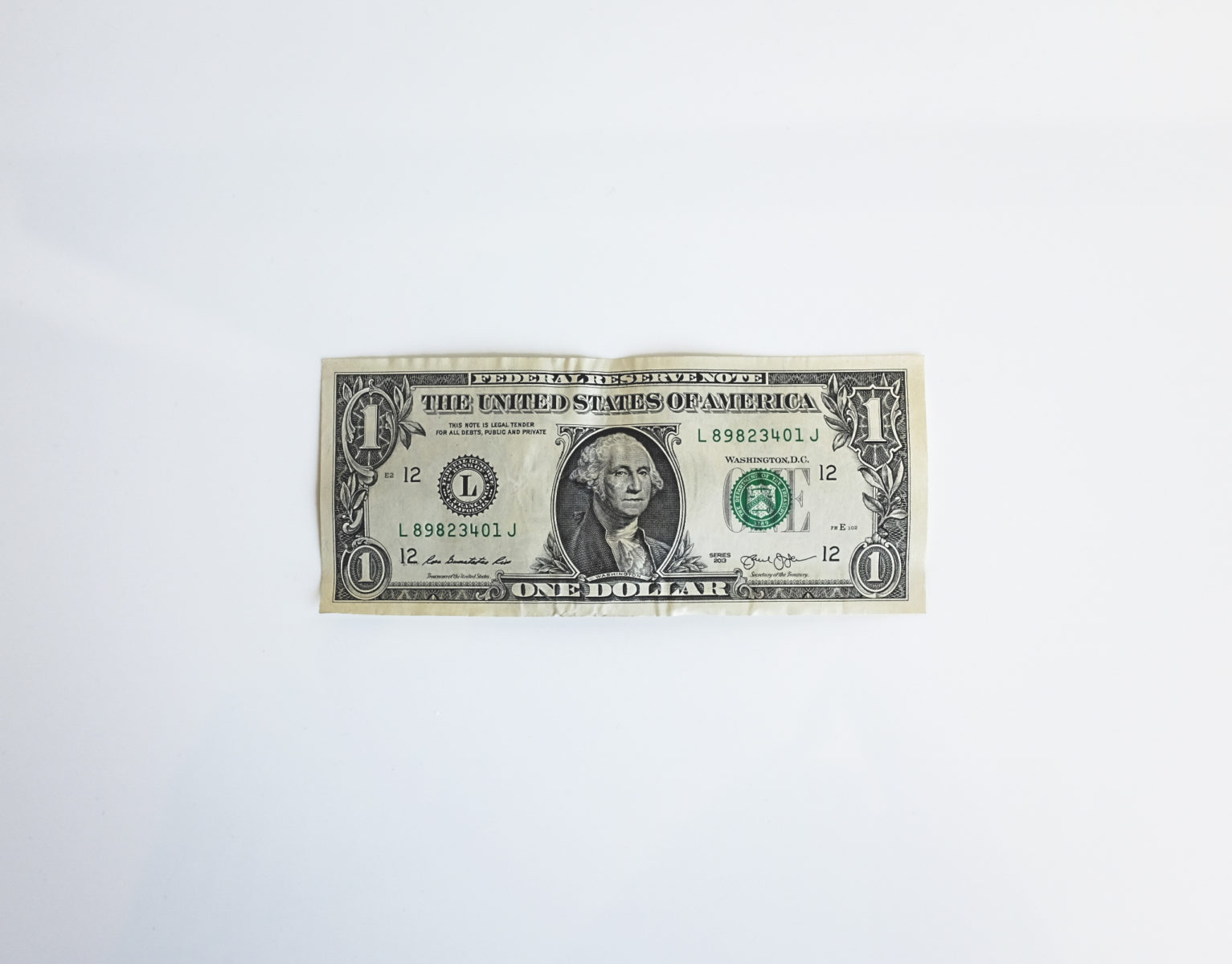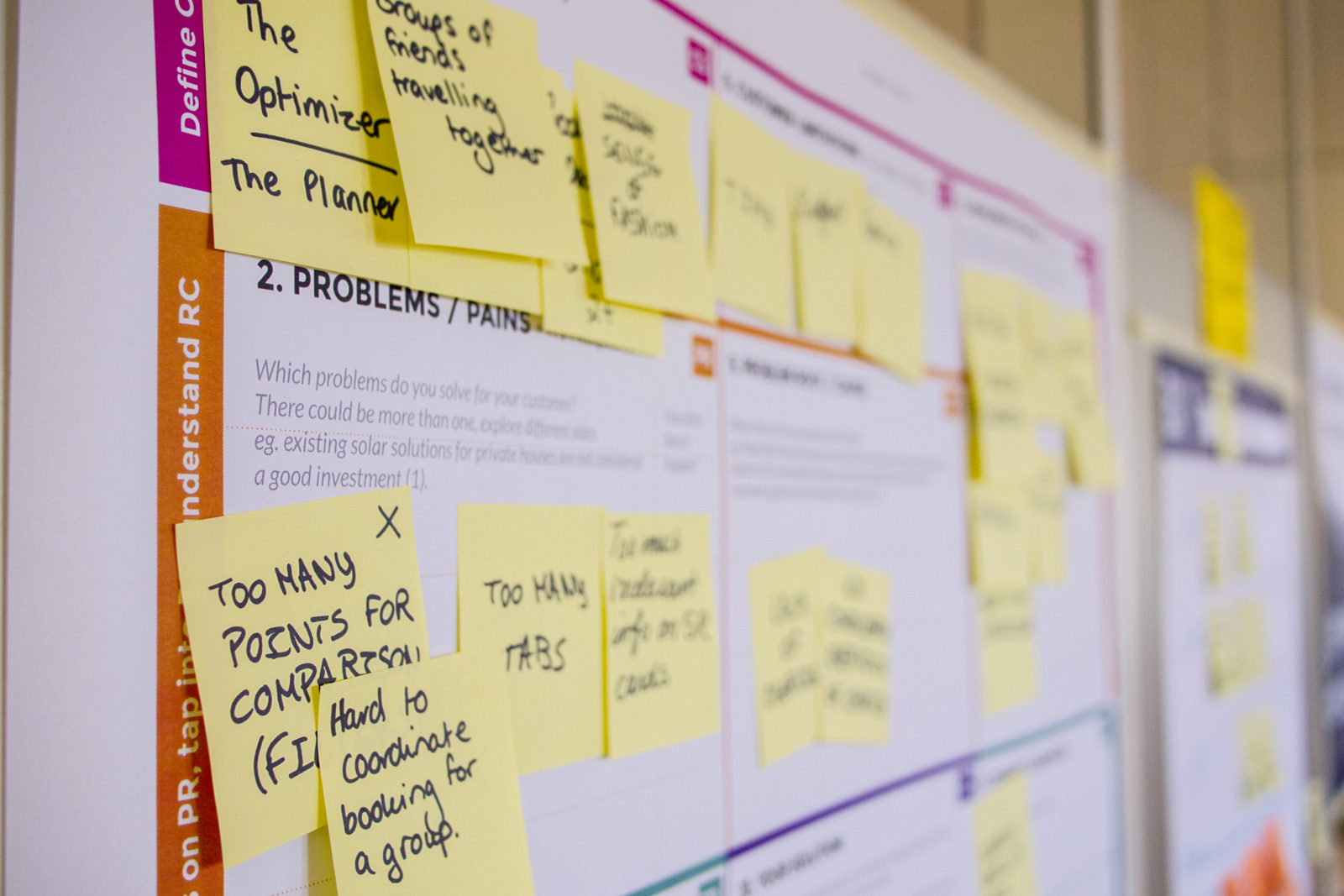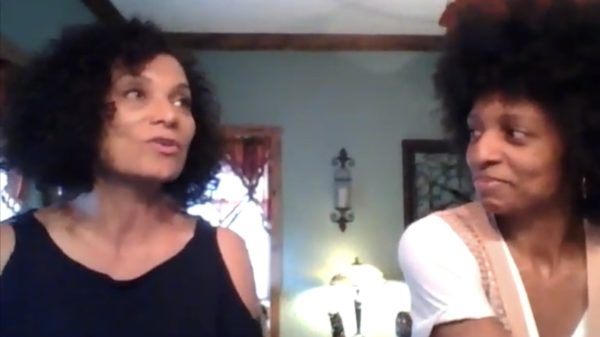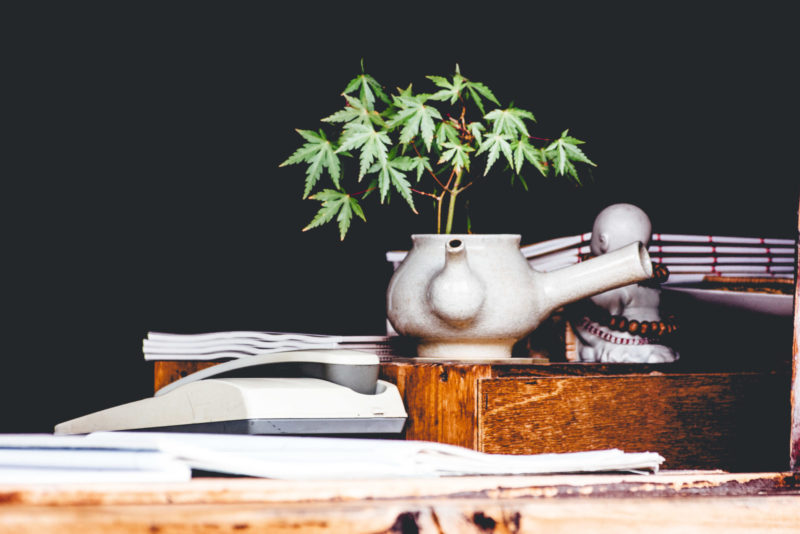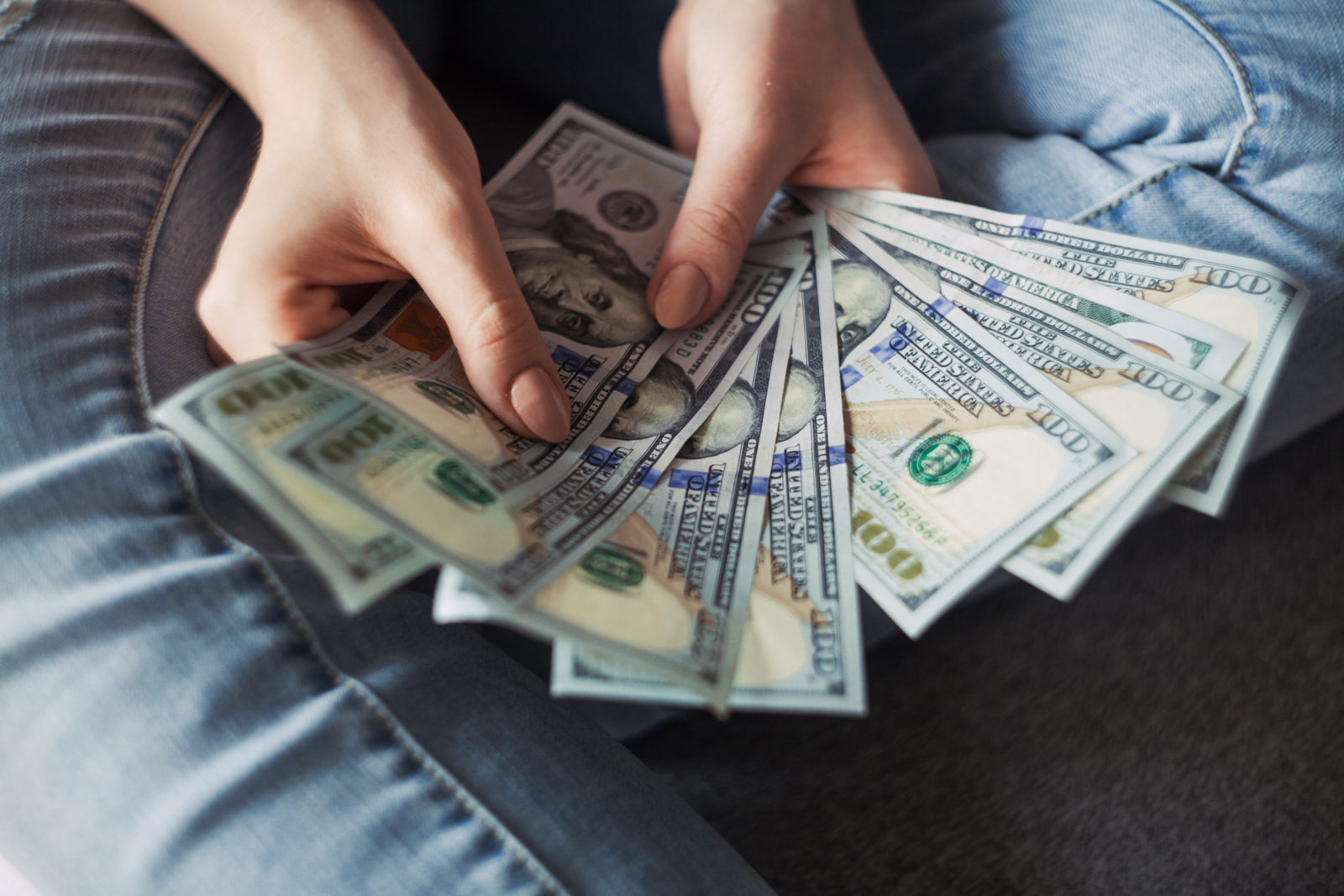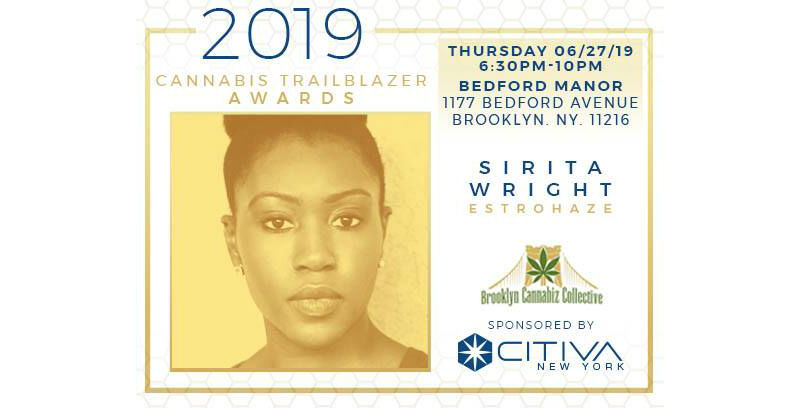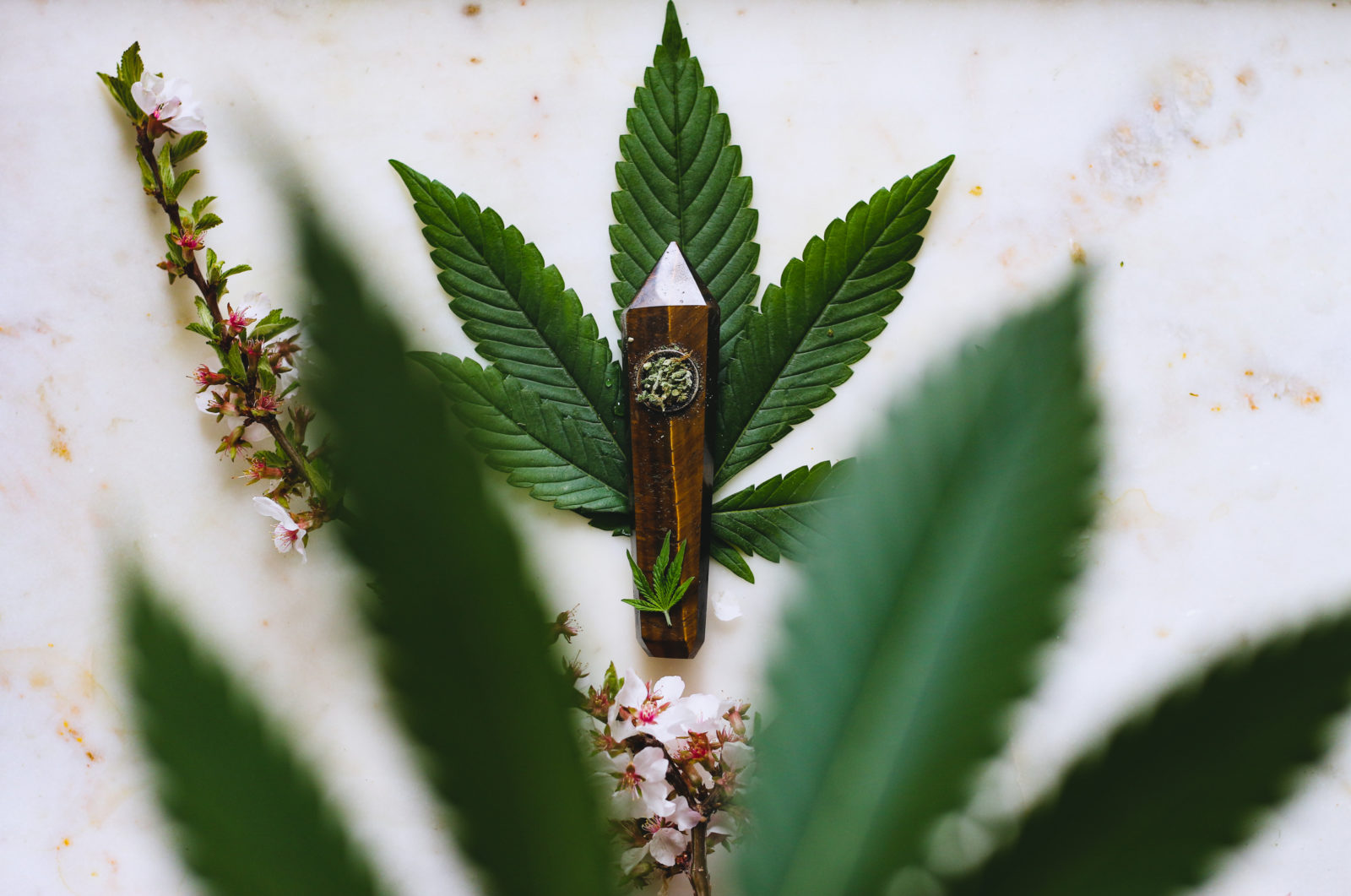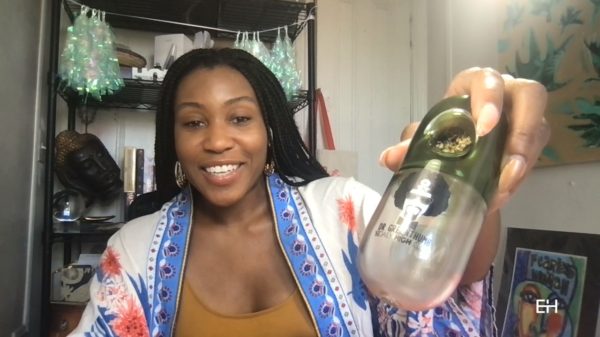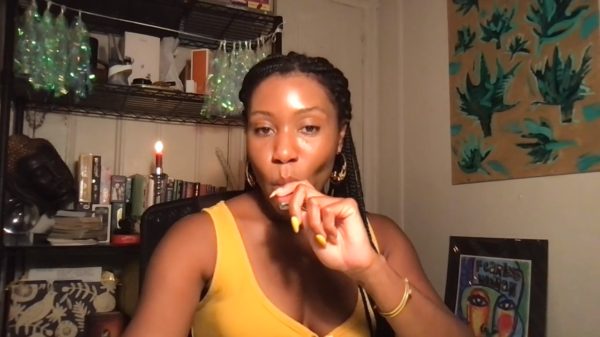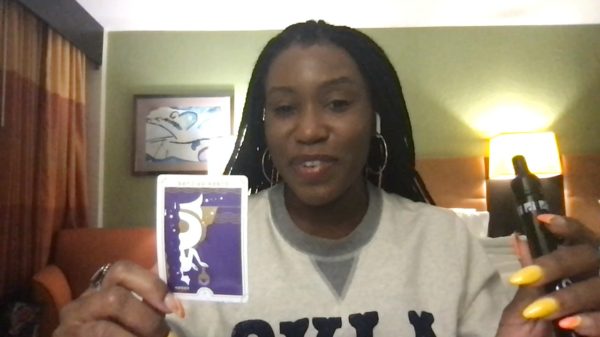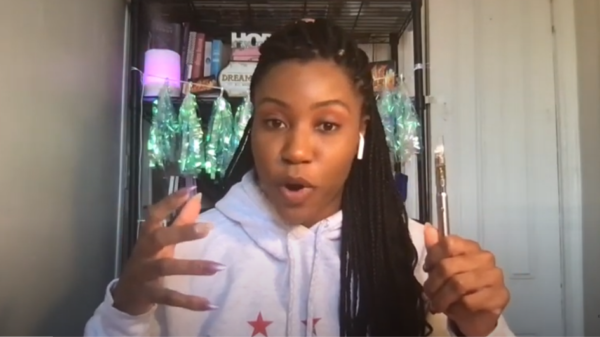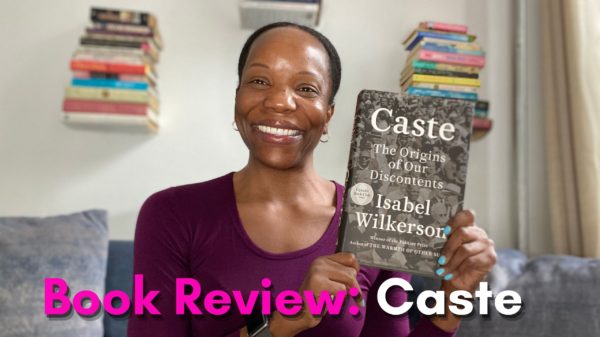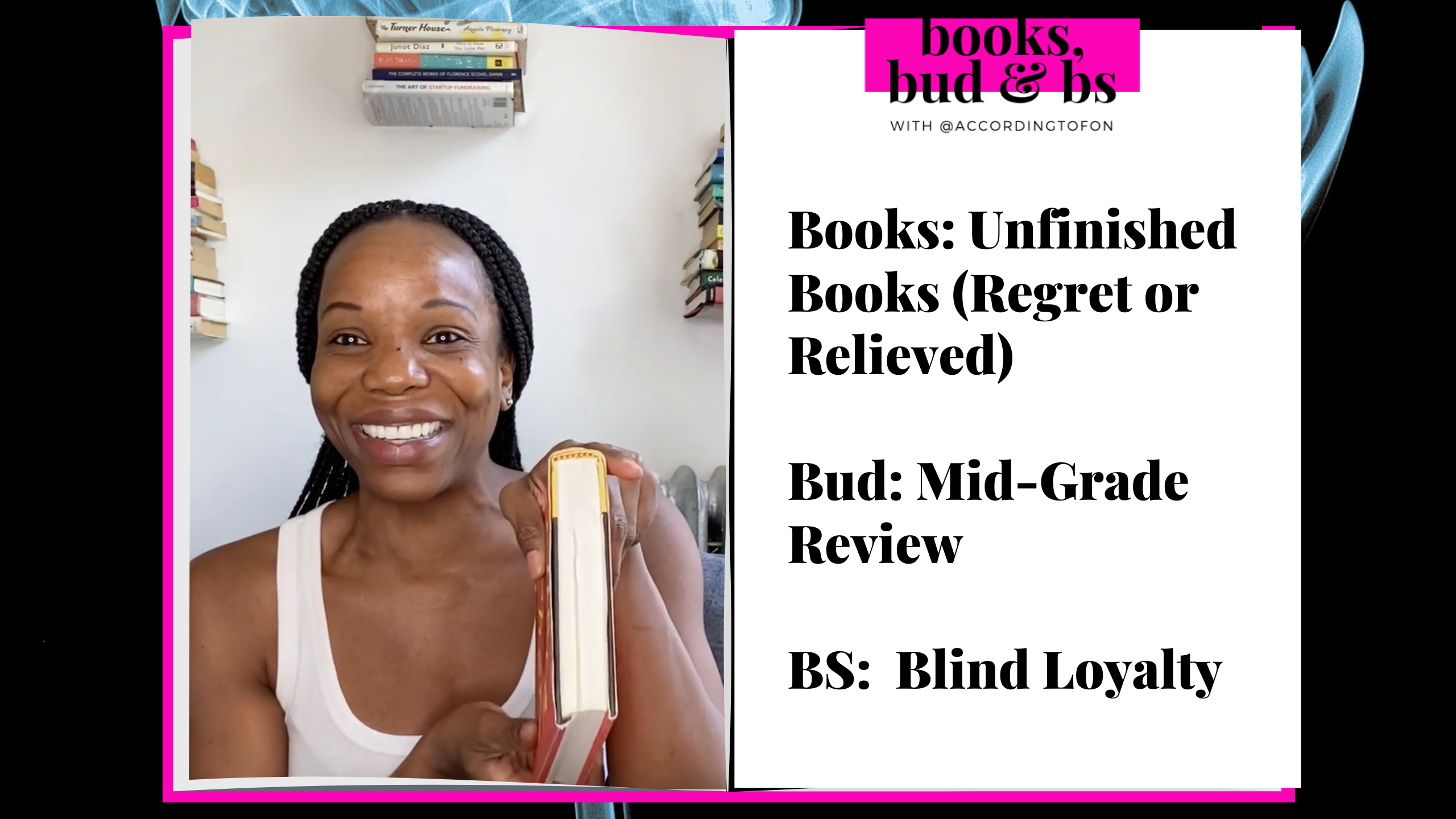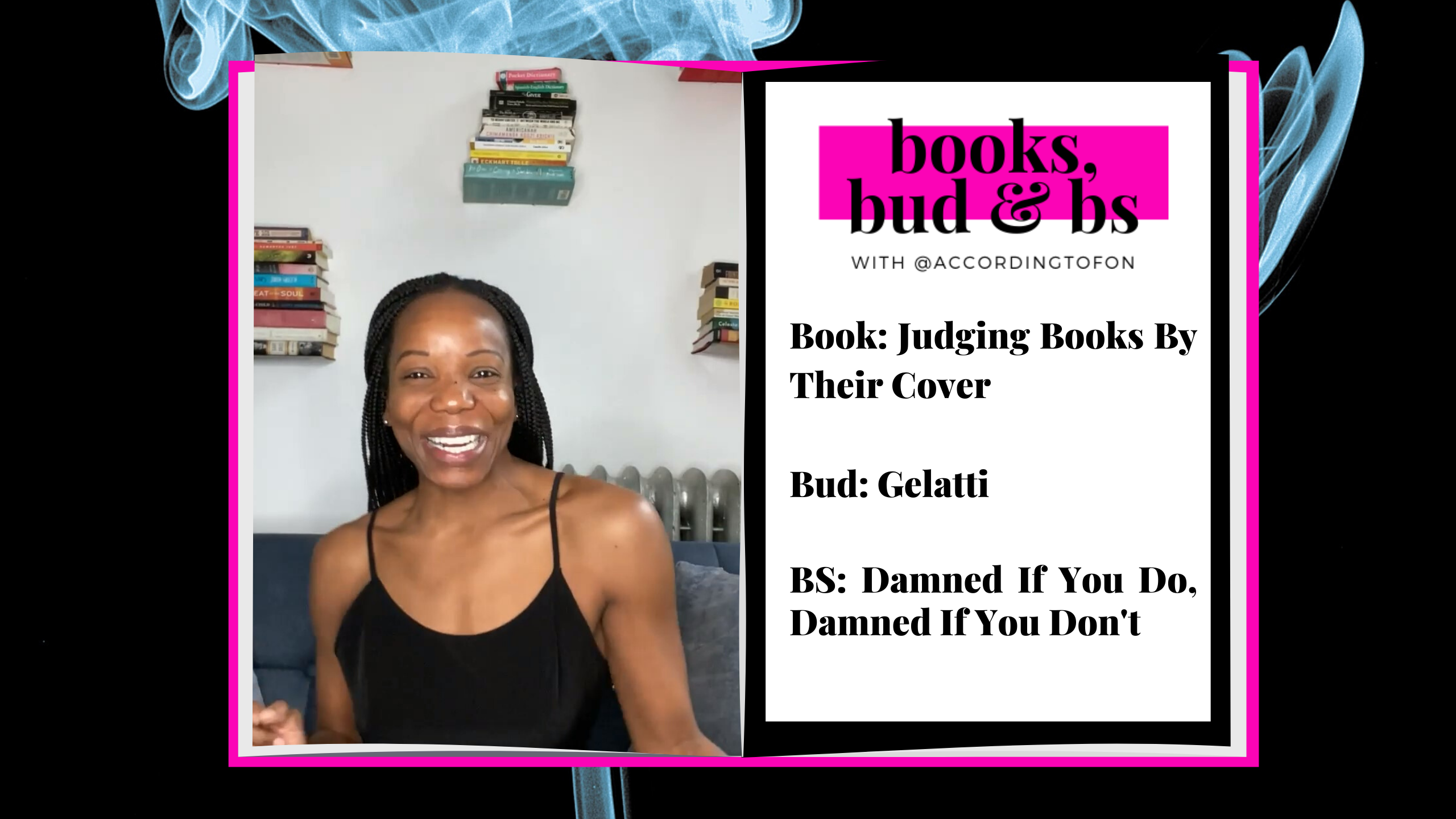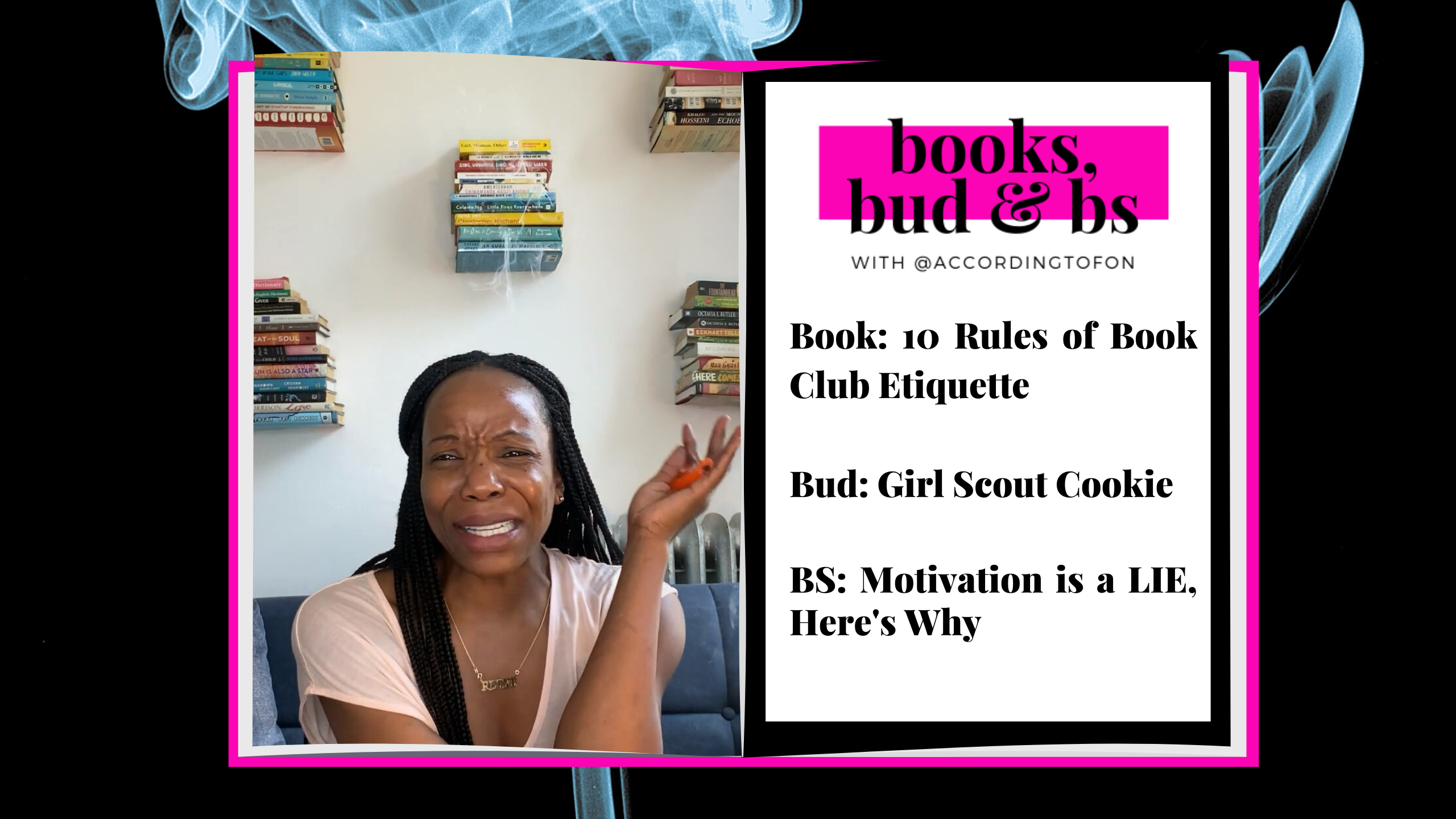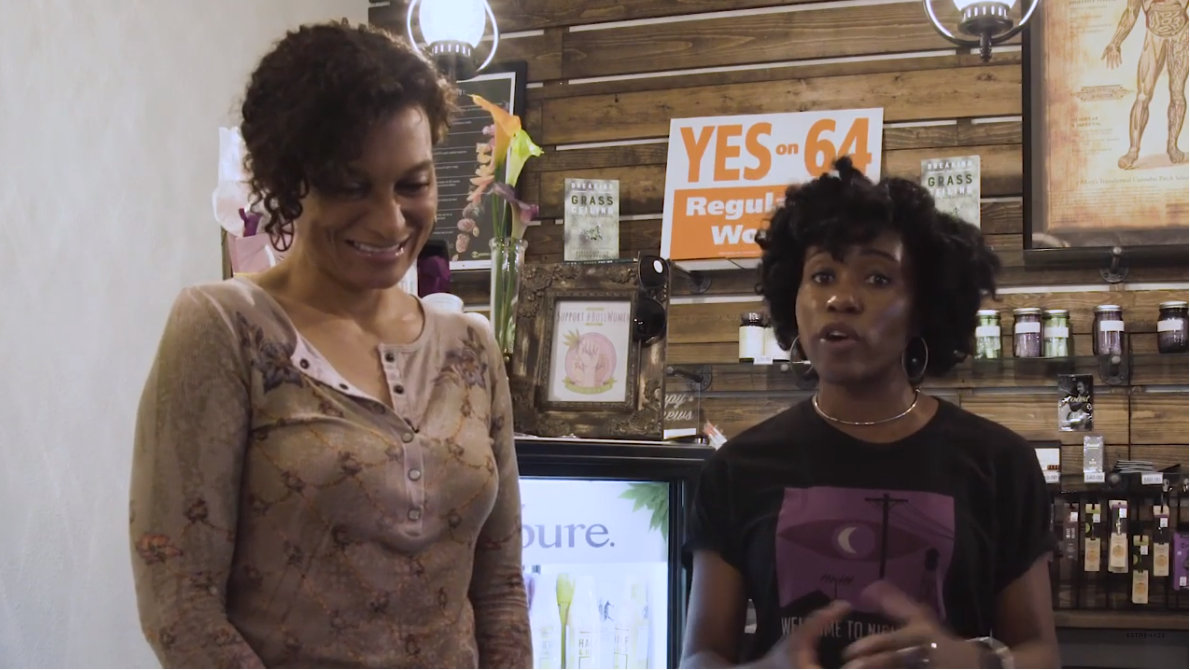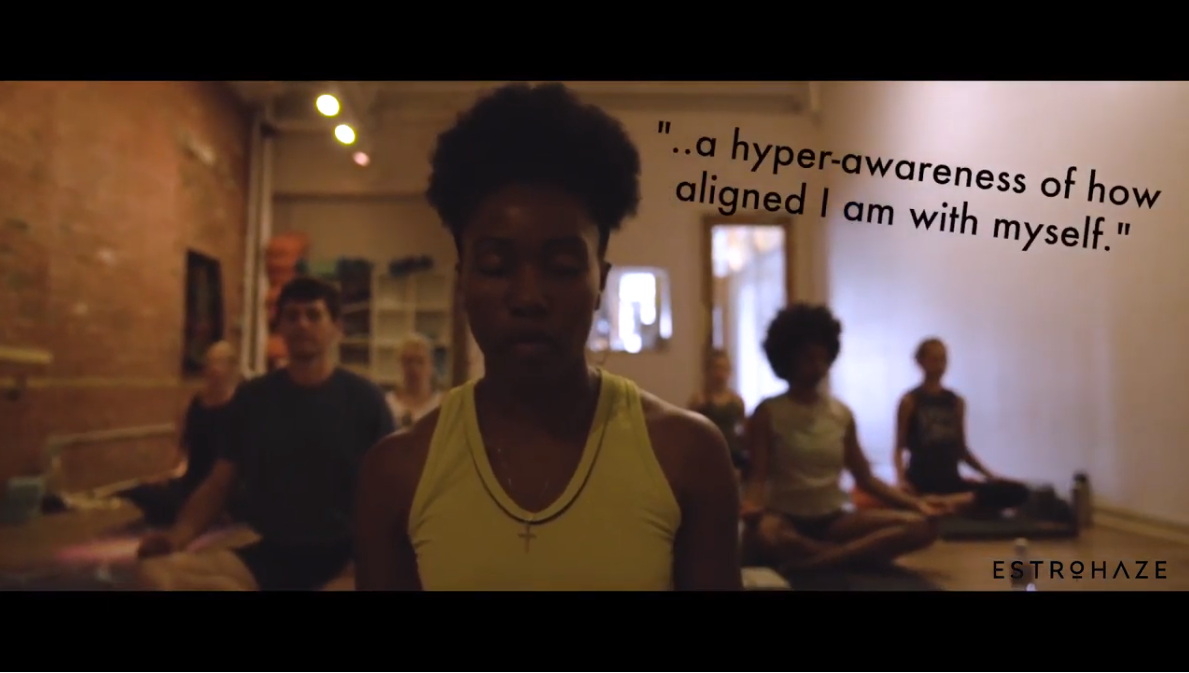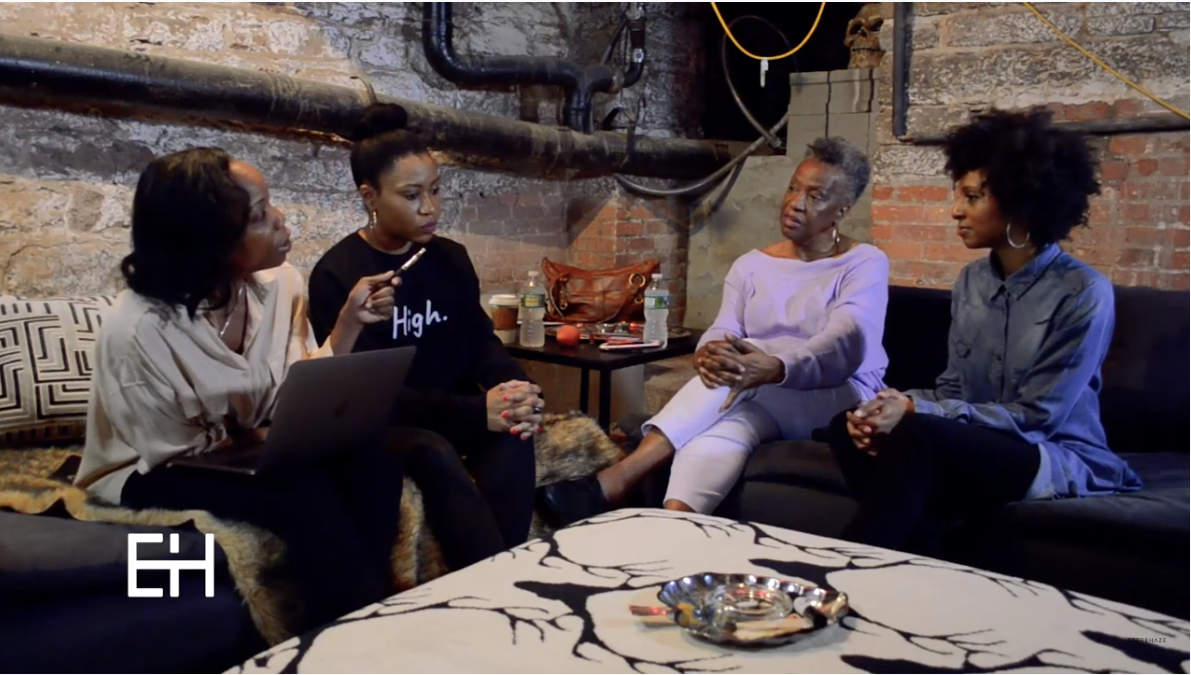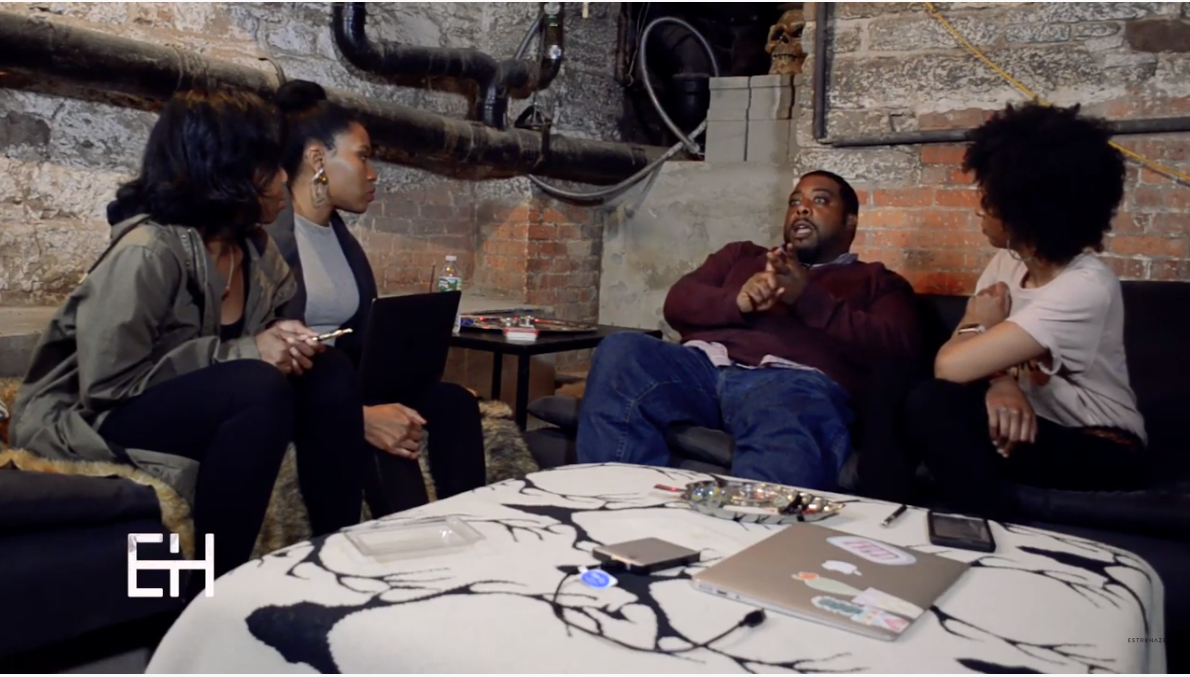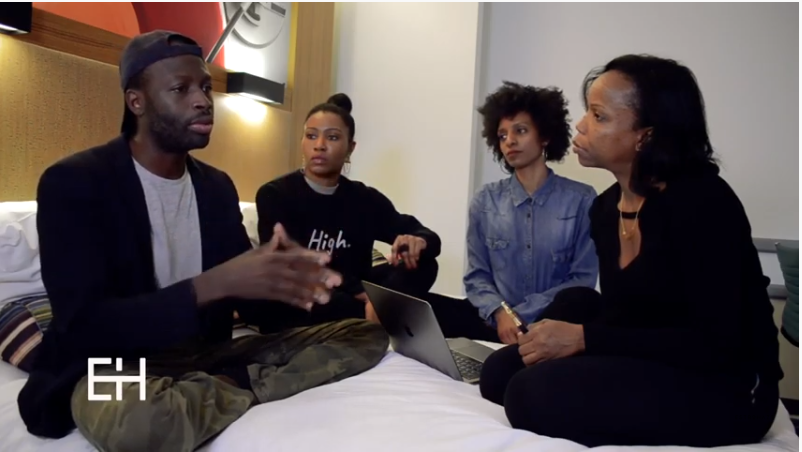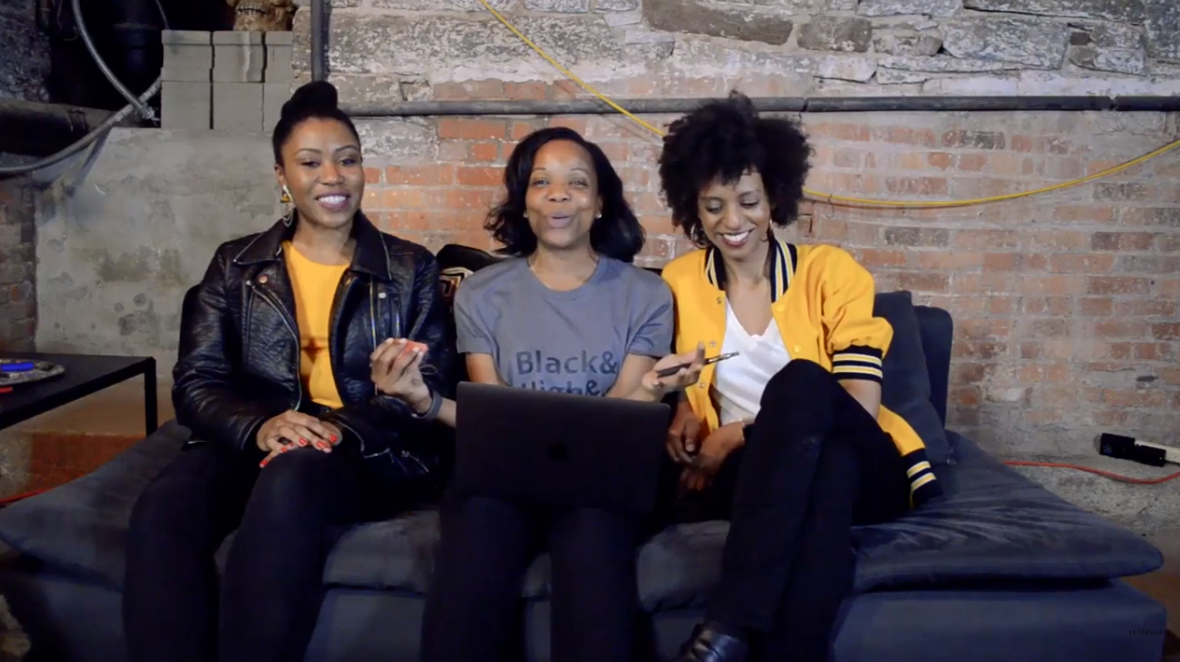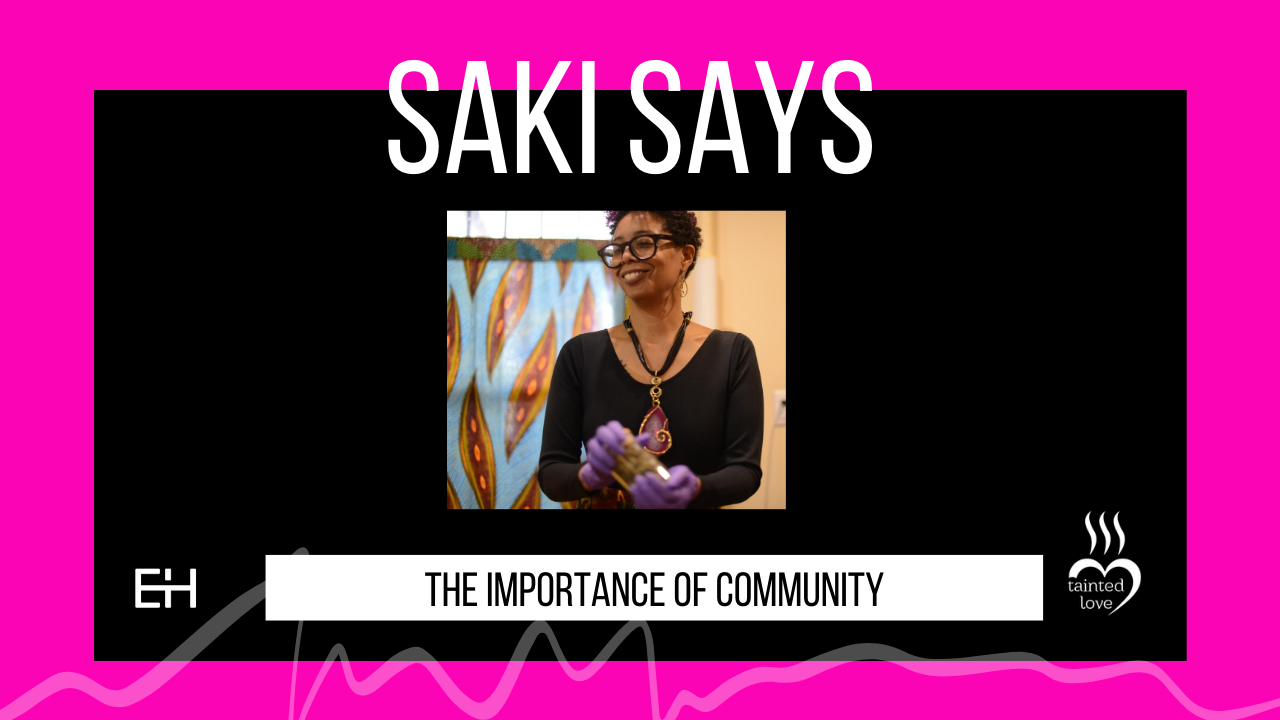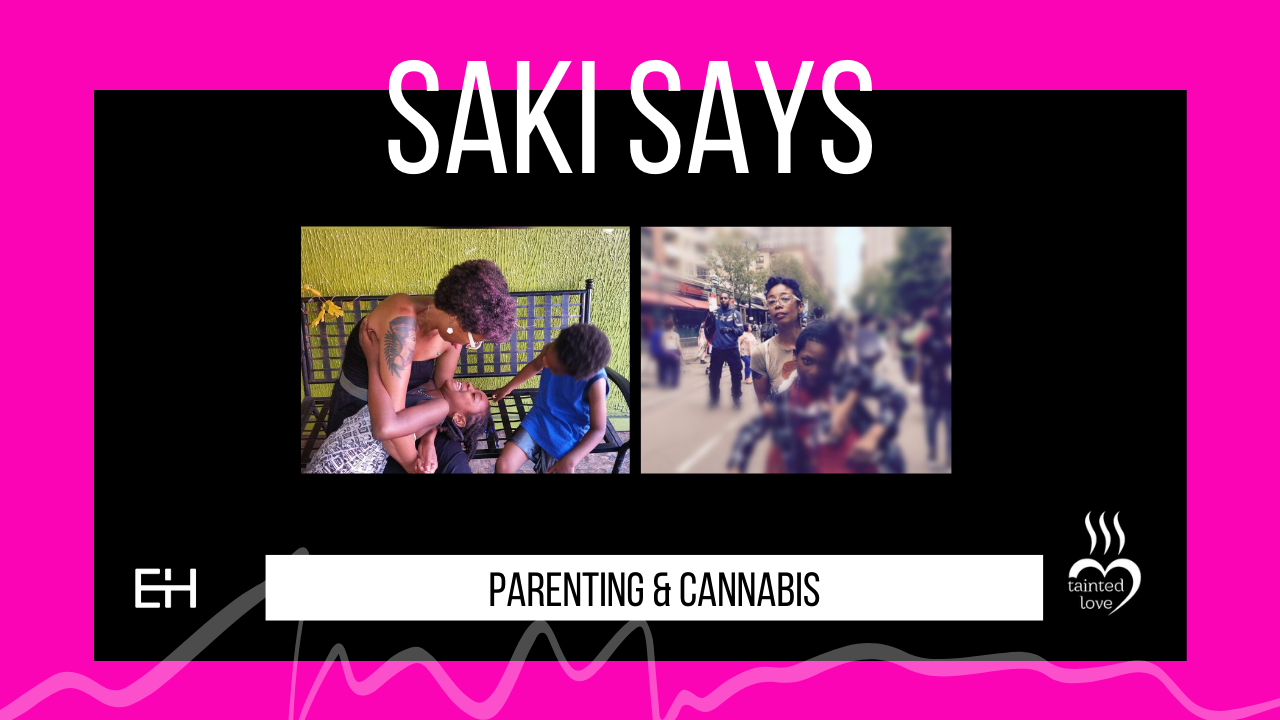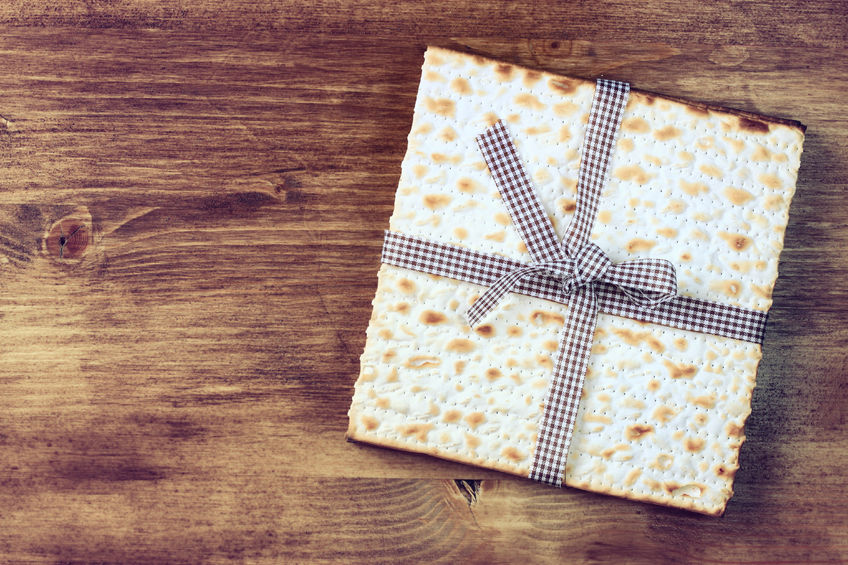I was recently invited to an exclusive Cannabis Passover Seder for Social Justice in Los Angeles, hosted by the Le’Or Education Fund, and as I was preparing for my west coast road trip with girlfriends who are not Jewish, I began realizing that there is not a lot of understanding about the nature of Passover, and the purpose of our Seder.
As Jews, Passover is a special holiday in our culture, immersed in ritual, tradition and long hours of celebration. I decided to explore this topic further, to help everyone understand what it means to celebrate slavery. To do this, I decided to dive in a little deeper with the hostess/founder Claire Kaufman, to gain some insight in to this movement for “High Minded Jews.”
“The point of a Passover Seder, is the systematic ritual of remembering the slavery of our people, the exodus from Egypt, and remembering how lucky we are to be free.” Kaufman states with honor.
It is important to our culture that we remember that from Egypt, to Germany, Russia, Europe & beyond, throughout thousands of years, our culture has endured unspeakable acts of fear based violence. The Jewish people have been hunted, bought, sold, enslaved, tortured and even mass murdered. Sound familiar?
“There could not have been a better time to talk about Cannabis and Spirituality” explains Kaufman. “On this day, we also recommit ourselves to fighting for those who are not yet free. We fight for those who are still incarcerated for cannabis and those who have lost their freedoms to the war on drugs. We celebrate our success, but we also remember where we came from. On Passover we recommit to redeeming the oppressed, as it is our moral obligation as Jews.”
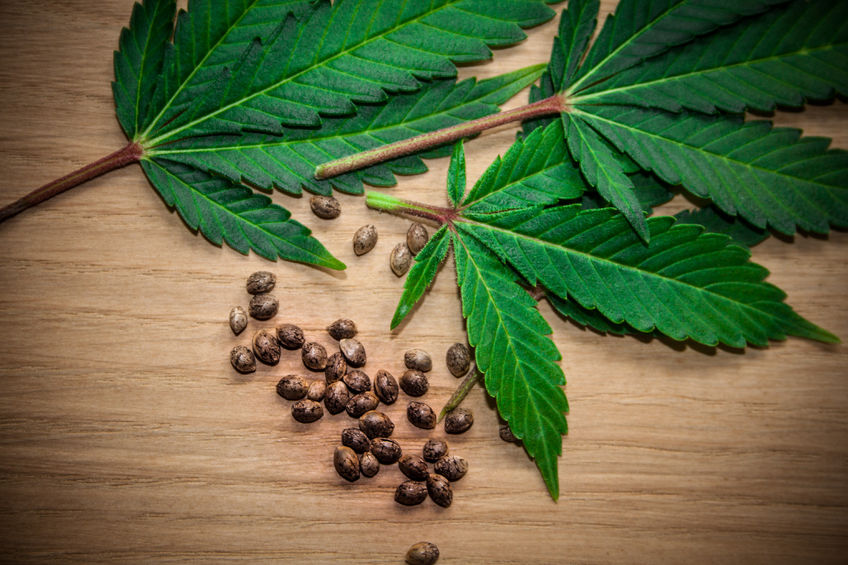
Growing up in Washington DC, where 8 out 10 adults arrested for crimes were African American, Kaufman states she witnessed the war on drugs, and racial inequalities since she was a child. She wanted make a difference in the world around her, and wanted to create change through joy, and remembrance, and inspiration.
She did exactly that, and started a movement, with our Nation’s first Cannabis Seder for Social Justice. Claire and her partner Roy put in relentless hours petitioning Rabbi’s in New York and Los Angeles to sign off on a Kosher “Cannabis Seder.” I am sure you can imagine how difficult this was for them in strict religious communities. They explained to the leaders of our communities around the world, that as Jews, we never sit by and allow social injustice. So why were we not doing anything about the social justice issues of Cannabis?
After numerous hurdles, they decided to address the issue from the ground up, since our Rabbi’s would not. The Kaufman’s were once again able to reclaim our right to this sacred plant, used in our ritual prayer.
Now funded by Dr. David Bronner, the Le’Or Cannabis Seder is in its second year, and voices a mission to, “inspire those- who inspire others.” Claire and her partner also wrote a beautiful guide to this ritual that you can practice at your own table on Passover, without knowing anything about Judaism. This ritual is a call to begin working on healing and transforming the world, and substitutes the ten plagues with “the ten plagues of the drug war.” Download the Passover Social Justice Haggadah here.
It is no wonder that African Americans and Jews have been united as allies for over a century in America. During the Civil Rights Movement, African American and Jewish activist united forces for a historical cause. With timing, influence, and precise strategy, they were to accomplish the enactment of Civil Rights Act of 1964.
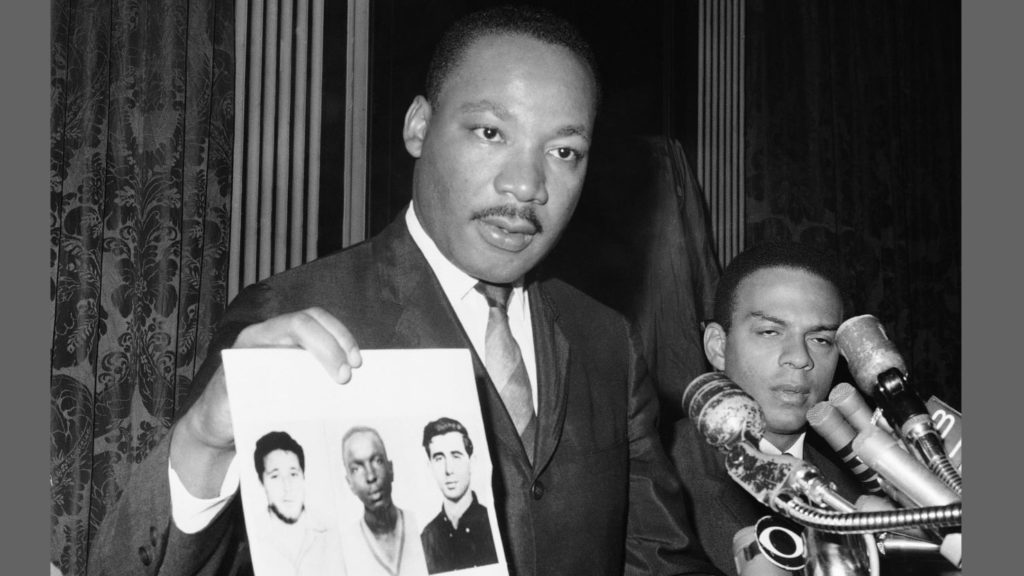
(Image: The Daily Beast)
African Americans and Jews even died side by side fighting for Civil Rights. Andrew Goodman, Michael Schwerner, and James Chaney, African American and Jewish activists were passing through the swamps of Mississippi, when they were captured and brutally murdered in 1964 by the Ku Klux Klan.
In 1965, Dr. Martin Luther King was quoted saying: “How could there be anti-Semitism among Negroes when our Jewish friends have demonstrated their commitment to the principle of tolerance and brotherhood not only in the form of sizable contributions, but in many other tangible ways, and often at great personal sacrifice. Can we ever express our appreciation to the rabbis who chose to give moral witness with us in St. Augustine during our recent protest against segregation in that unhappy city? Need I remind anyone of the awful beating suffered by Rabbi Arthur Lelyveld of Cleveland when he joined the civil rights workers there in Hattiesburg, Mississippi? And who can ever forget the sacrifice of two Jewish lives, Andrew Goodman and Michael Schwerner, in the swamps of Mississippi? It would be impossible to record the contribution that the Jewish people have made toward the Negro’s struggle for freedom—it has been so great.”
As we unite once again this Passover to address a new generation of issues, we remember where we came from, how lucky we are to be here, and how bright our future is, as we strive to pave the way for women, minorities and cannabis freedoms around the world. It is in our DNA to keep Tikkun Olam, meaning to “Repair the World.”
To allow the injustices of the War on Drugs to continue, goes against everything it means to be Jewish.
Happy Passover, or as we say in Hebrew, “Chag Sameach.”
Author: Cleopatra Cohen
